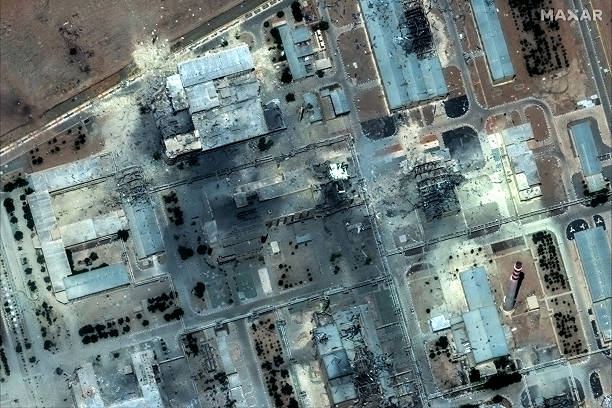Outdated fitness assessment to remain due to budget restraints
The Army’s fitness assessment is outdated and the branch has recognized the need for change. However, due to financial constraints, the military has determined that it cannot afford more accurate body scanners, which were initially considered as part of the overhaul.

The previous fitness assessment utilized a tape test that measured Soldiers’ body fat content by taking measurements around their necks, waists, and hips. However, critics have long argued that this method is inadequate and outdated, as it fails to provide an accurate measure of overall fitness.
Military making changes to 'outdated' fitness assessment for troops: report https://t.co/oKEJHsK0rc
— Fox News (@FoxNews) June 18, 2023
To address these concerns, the Army has undertaken an overhaul of its fitness assessment system.
Sargeant Major of the Army, Michael Grinston, has been at the forefront of the effort to improve the fitness assessment process. He recognized the limitations of the previous test and prioritized the need for change upon assuming his position.
To modernize the assessment, the U.S. Army Research Institute of Environmental Medicine and Army Center for Initial Military Training conducted a study involving 2,690 troops. The study found that the tape test, which determined body fat compliance, was accurate only about 65% of the time. Additionally, it revealed that approximately 10% of soldiers qualified as “overweight,” raising concerns about the force’s fitness standards.
The study also explored the viability of utilizing body scanners commonly employed in healthcare and athletics to determine Soldiers’ body fat content more accurately. However, the cost of these scanners, ranging from $15,000 to $100,000, posed significant financial challenges.
The Army determined that providing widespread access to the scanners at any given time would be impractical and financially unfeasible, ultimately making them unaffordable for the proposed fitness assessment overhaul.
While the Army could not afford the cost of implementing body scanners on a large scale, the study findings highlighted the potential benefits of utilizing such technology. The body scanners showed that soldiers had higher levels of body fat than determined by the tape test, with variances of up to 8%.
The proposed changes seek to simplify and modernize the Army Combat Fitness Test (ACFT) by focusing on a single measurement: the waist circumference. By streamlining the assessment, the Army aims to address concerns of fairness and accuracy in evaluating soldiers’ body composition.
Despite the setback regarding the body scanners, Sargeant. Maj. Grinston expressed determination in addressing the concerns and making necessary improvements to the fitness assessment process. He emphasized the Army’s commitment to providing soldiers with a fair and accurate evaluation, acknowledging the need to give every chance and benefit of the doubt to Soldiers.







Conversation